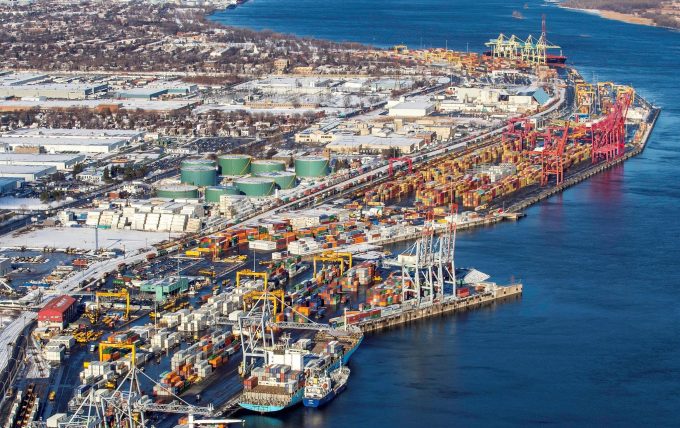Carriers warn of cargo disruption due to strikes at Munich Airport
Lufthansa Cargo (LC) has warned customers that strikes tomorrow and Friday at Munich Airport (MUC) ...

The port of Montreal’s longshore workers yesterday began mediation talks with the Maritime Employers’ Association (MEA), following a vote to strike this week.
The Local 375 branch, part of the Canadian Union of Public Employees (CUPE), announced that 99.63% of its members had rejected MEA’s latest ...

Comment on this article